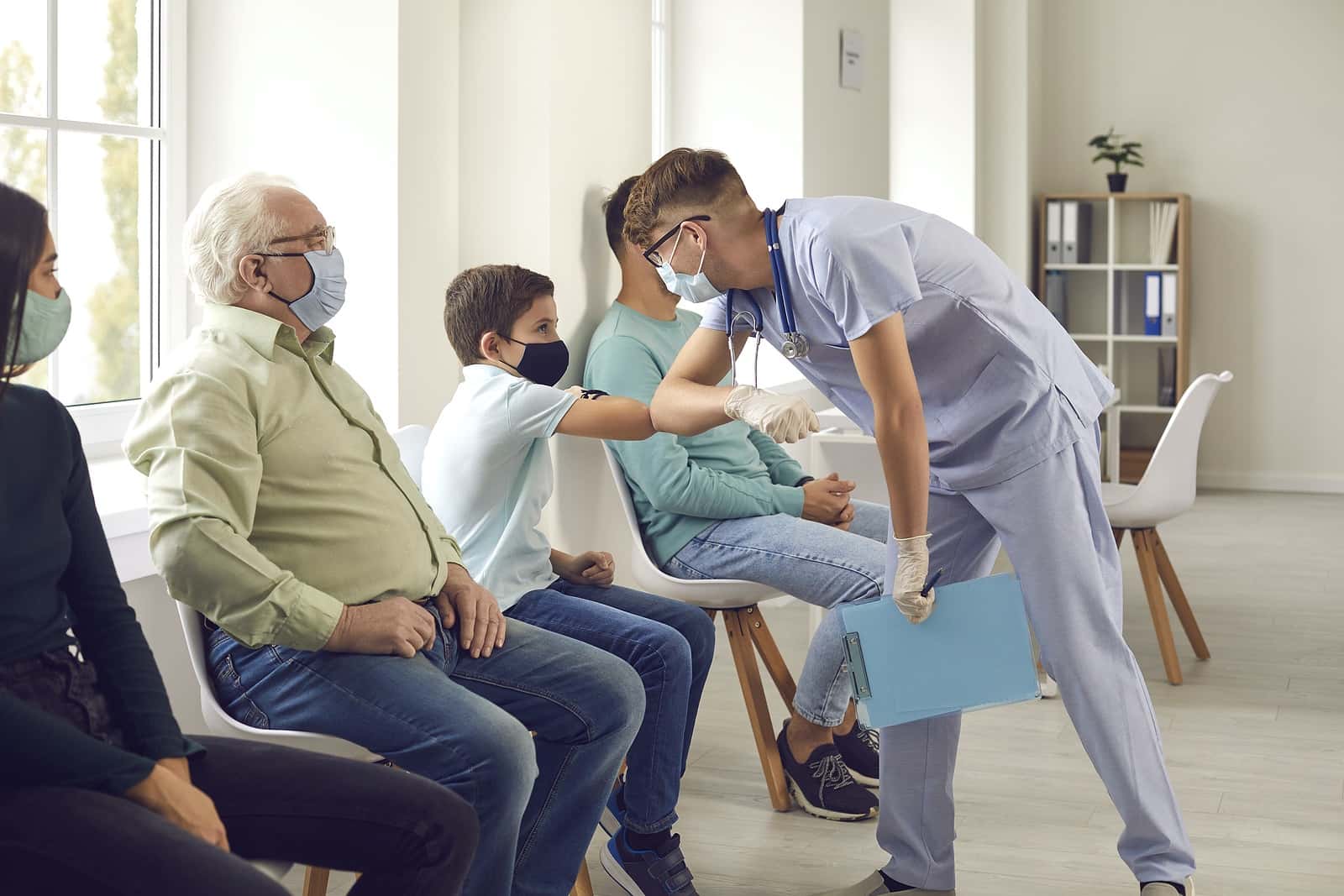
With flu season beginning, public health authorities are urging all of us to get vaccinated against flu this year. While people may worry about spending time in doctors’ offices, this is not a good year to skip the flu shot (JAMA, Nov. 2, 2020). Simultaneous influenza and coronavirus infections could be dangerous. In addition, a person recovering from influenza might be more susceptible to COVID-19. Doctors also fear that during the pandemic, hospitals could fill up. Then they would have difficulty caring for those with serious flu infections.
Do You Need a High-Dose Flu Shot?
Over the last several years, the CDC has been encouraging everyone 65 and over to request the high-dose flu shot. You may be wondering if that is necessary, just as this reader does:
Q. I am a healthy “young senior” (66). When I get my flu shot this year, do I need to get the super double dose for seniors?
A. A study that was recently presented at the American Heart Association’s Scientific Sessions (Nov. 17, 2020) compared high-dose to standard-dose flu vaccine. The participants had heart disease, so they were especially likely to suffer influenza complications. This randomized controlled trial involving 5,260 volunteers lasted three years.
Unfortunately, the authors reported that the
“higher dose influenza vaccine was not more effective than the standard dose in lowering the risk of death or hospitalizations from heart or lung-related illnesses.”
Lead author Orly Vardeny, PharmD, explained, however, that
“receipt of any influenza vaccine in high-risk patients may be protective and limit potential benefit of high-dose vaccine in reducing cardiopulmonary events.”
Seniors, along with nearly everyone else, should get vaccinated this year of all years. In addition to a flu shot (regular or high-dose), we should all be washing our hands, keeping our distance, wearing our masks and staying home when we don’t feel well. Keep reading to learn why the flu vaccine is especially important this year.
Considering Whether to Get Vaccinated Against Flu:
Q. I am healthy, take no medications and work out at least three times per week. Washing my hands carefully is always a high priority. My immune system seems to be strong, as I get over colds quickly.
I haven’t gotten the flu shot in many years. Also, I have never gotten the flu, but I may just be lucky. My husband gets the shot every year and has not had the flu either.
Now my kids are pressuring me to get vaccinated against flu this year because of COVID-19. Although I’m uncomfortable with the idea, should I get a flu shot? Is it safest to go to the doctor where a nurse would give it properly? And would this make it less likely to damage my arm?
Did Australia really have fewer regular flu cases this year, and does that even matter? While I am not an anti-vaccine person, I do feel that Big Pharma pushes meds on people when they are not needed.
Why a Flu Shot Is a Good Idea:
A. Public health authorities encourage everyone to get an influenza vaccination this year because of COVID-19. They hope this will keep hospitals from being overwhelmed. In addition, they don’t want patients to suffer from two dangerous respiratory infections at the same time.
It is true that Australia, New Zealand, South Africa and other Southern Hemisphere countries had a light flu season. Presumably, that is because people were taking precautions against the pandemic. We can’t predict what the flu season will be like in the US this year, though. Keeping our distance and washing our hands frequently might reduce transmission of influenza viruses. Not everyone is following these guidelines closely, however. Moreover, good ventilation helps reduce airborne transmission, but most of us have little control over ventilation in our workplaces.
As a result, we think you would be prudent to get vaccinated against flu this winter. Call your health care provider’s office to check on precautions and schedules. Most places administering immunizations have planned how to minimize the possibility of patients spreading infection inadvertently. They may require masks, hand sanitizer and six feet between patients.
Generally speaking, nurses administer vaccinations very well, as they have had both training and practice. We have received many complaints about shoulder and arm pain (SIRVA) from ineptly given shots. Consequently, you’ll want to make sure the person giving the shot uses the proper procedure.
Citations
- Uyeki TM et al, "Preparing for the 2020-2021 influenza season." JAMA, Nov. 2, 2020. doi:10.1001/jama.2020.21849

